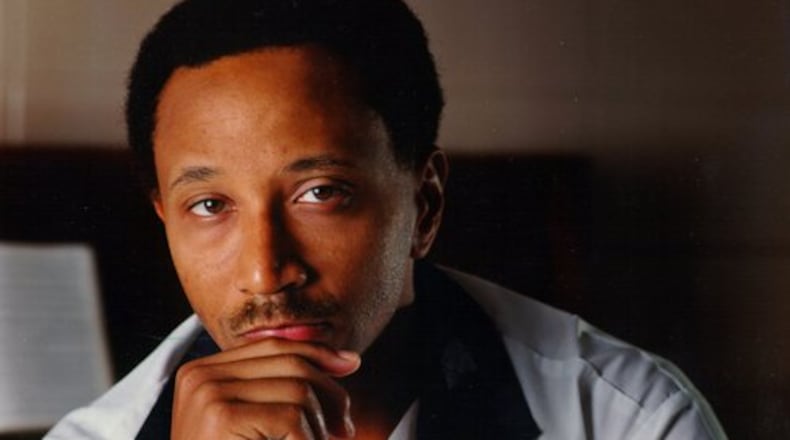(This story was originally published May 15, 2005 by then-AJC reporter Mae Gentry)
By his own admission, Wayne Bertram Williams' life plummeted from one full of "promise to the pits."
As a teenager, he started a radio station in the basement of his parents' northwest Atlanta home, and was featured in Jet magazine alongside a member of the Federal Communications Commission.
"He was a fine kid, " Williams' 91-year-old father, Homer, said Thursday from his home in Columbus.
Teachers and friends described him as a virtual genius and a superior student. He was bright, they remembered, and energetic and businesslike. The only child of two schoolteachers, he graduated from Douglass High School in 1976 and enrolled in Georgia State University but quit after one year.
By age 23, he had bounced from career to career. He dabbled in radio, then became obsessed with police work, buying a scanner and a dark vehicle and pretending to be a cop. He also tried his luck as a free-lance TV photographer. When his interest in news subsided, he turned to entertainment, yearning to be a record producer.
It was in his role as a self-described talent scout that Williams came in contact with hundreds of young people, authorities say. After he was arrested, prosecutors contended he used these credentials to lure youngsters to their death, though he was never charged with killing any children.
Prosecutors painted Williams as a frustrated predator who terrorized the area from 1979 to 1981 during a crime spree in which more than 20 people --- most of them children and teenagers --- were murdered after disappearing.
Credit: Billy Downs / AJC file
Credit: Billy Downs / AJC file
"The Atlanta child killings commenced when stress in the life of Wayne Williams became unbearable, " FBI psychologist John Douglas wrote in a 1981 profile prepared for Fulton County prosecutors. "While fairly bright and articulate, Williams found himself falling to one failure after another. . . . The Atlanta serial murder case was his first success."
Initially, Williams appeared to enjoy the limelight. After FBI agents first questioned him, he called a news conference to announce he was the "prime suspect" in the case. He toyed with police while under surveillance, leading them on high-speed chases. But after he was charged with killing Jimmy Ray Payne, 21, and Nathaniel Cater, 27, he became defensive and argumentative, calling prosecutor Jack Mallard a "fool" during his trial.
Williams turns 47 on May 27, and has spent half his life in prison. Since 1988, he has been denied parole four times.
On the eve of his third hearing, he wrote a letter to the state parole board about that painful period in Atlanta's history and he maintained his innocence.
"There is no question that a city in a literal 'state of fear, ' combined with me being in the wrong place at the wrong time, and the stupidity of my actions combined to paint an image of a 'monster' that ultimately led to my arrest and conviction, " he wrote.
That 1994 letter to the parole board also illustrates a period of self-reflection for Williams.
"I've realized it's not always a case of right or wrong, guilt or innocence, but how we handle adversity and grow from our errors, " he wrote. "My life has been an example of going from promise to the pits.
“Now, I only ask for the chance to do my part in restoring the confidence so many once had in me.”
About the Author
Keep Reading
The Latest
Featured




